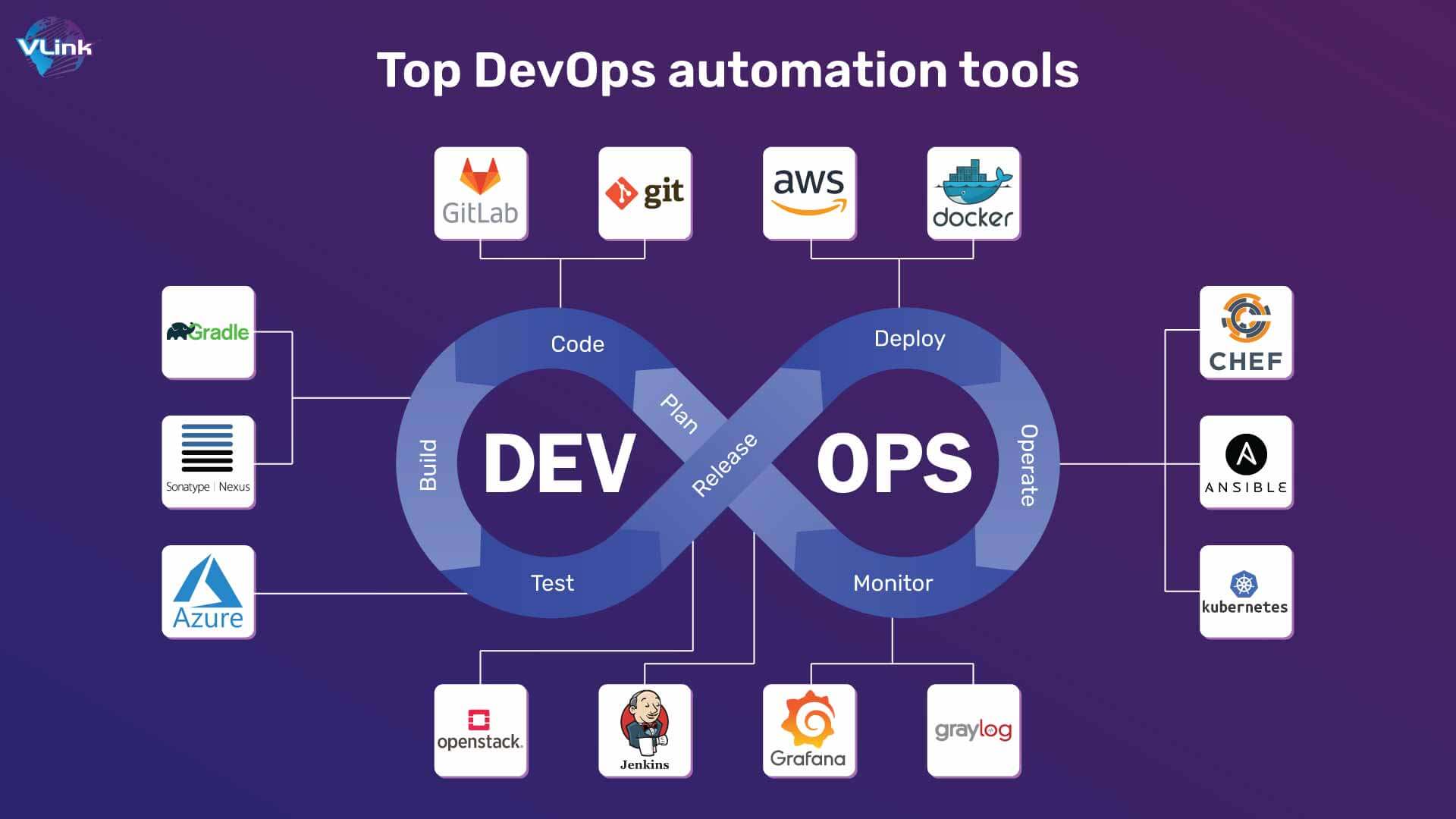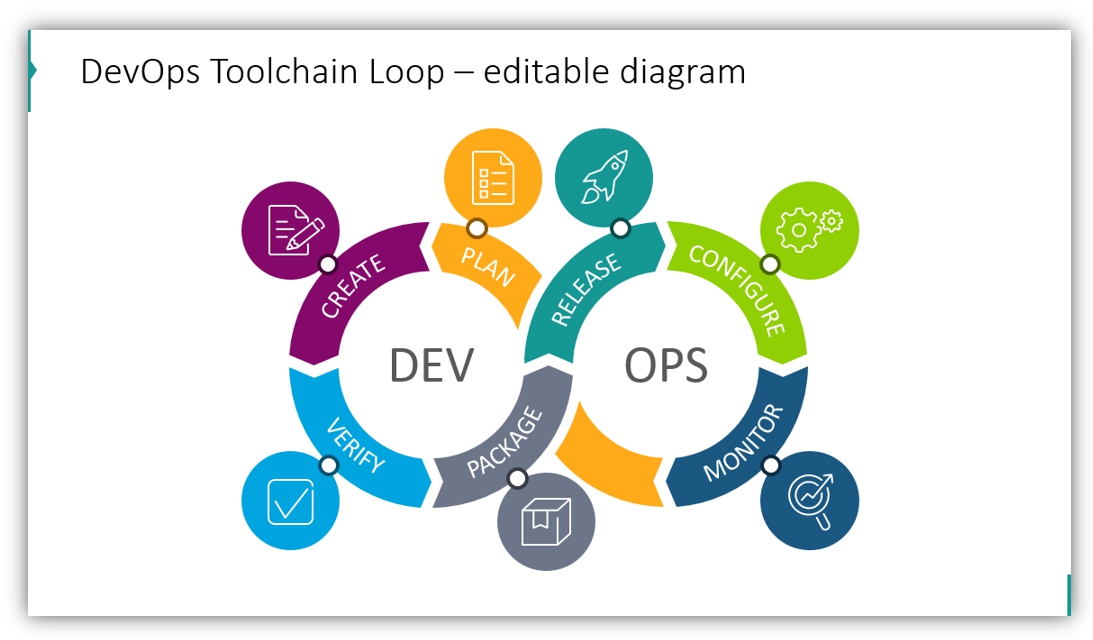Overview of DevOps
Modern enterprises are looking at faster delivery of quality software and quick feedback from customers, among other things. This demands the integration of development and operations teams so that they collaborate and communicate better, also known as DevOps. DevOps is about principles, practices, and creating a collaborative environment that improves software delivery and increases business value. It focuses on people and culture to improve collaboration between development and operations groups.
DevOps Implementation Challenges
The goal of DevOps is to create, operate, and manage complex systems with a culture of continuous improvement across all components in the product and service delivery. DevOps implementation utilises automation tools covering continuous integration and delivery. The top key challenges in adopting DevOps across large enterprises include:

- Lack of readiness for DevOps adoption assessment
- Analysis of current DevOps capabilities and tools usage
- Identification of applications for DevOps adoption
DevOps Planning and Execution
DevOps planning involves defining the people, processes, and tools to be used across an enterprise. The target stage is defined, and the transformation and execution plans are made. Business strategy and customer feedback are incorporated into the development lifecycle. DevOps objectives are finalised, and an appropriate timeline for achieving them is estimated.
DevOps Toolchain and Collaboration
The DevOps toolchain comprises a set or combination of tools that aid in the delivery, development, and management of applications throughout the system’s development lifecycle. Seamless cross-tool collaboration is essential in DevOps implementation to create a collaborative work environment around the Dev and Ops teams.

Software Development and Operations in DevOps
DevOps supports the interdependence of software development and IT operations, helping enterprises to produce software and IT services more rapidly and with frequent iterations. Key aspects include collaborative development, source code management, software change management, and continuous integration.
Continuous Deployment and Monitoring in DevOps
Continuous deployment ensures that every change goes through the pipeline and is automatically put into production, resulting in greater delivery speed and frequency for complex applications. Continuous monitoring across all steps of application development, testing, and deployment is crucial for a successful DevOps implementation.

Benefits and Careers in DevOps
Implementing DevOps practices brings several advantages to the enterprise, including faster delivery, improved collaboration, and increased business value. DevOps also offers a range of lucrative careers such as DevOps architect, automation and tools lead, and DevOps engineer.
In conclusion, DevOps is essential for creating value for users and the business through improved software delivery and operational efficiency.










